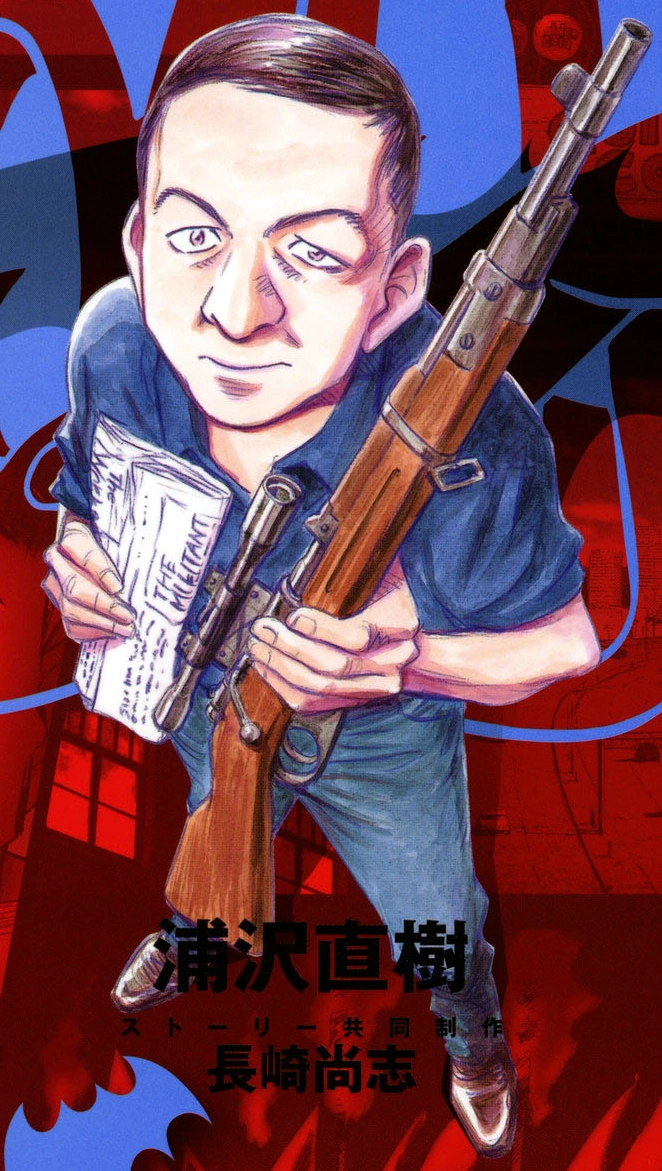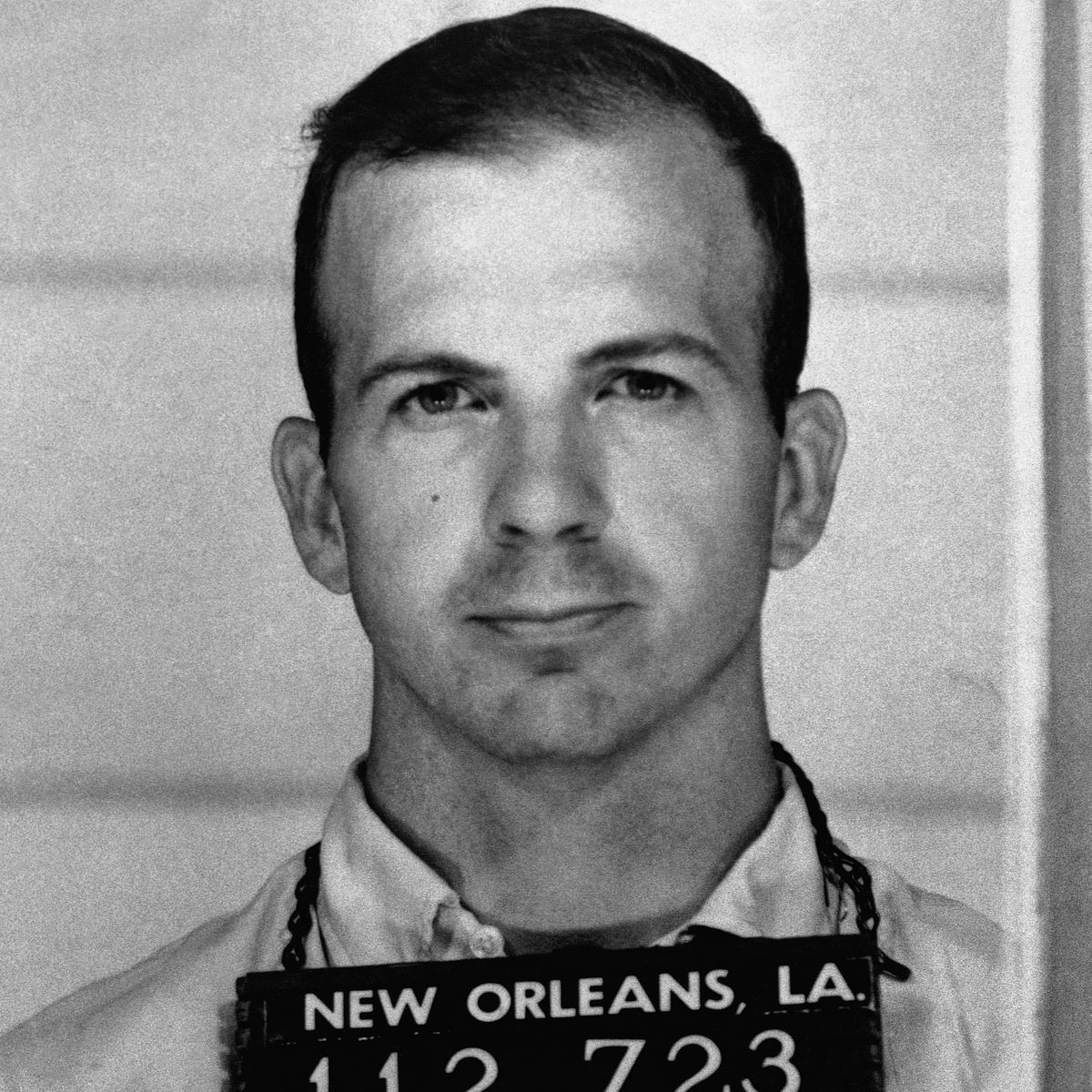When you hear the name Lee Harvey Oswald, it’s hard not to get caught up in the web of mystery surrounding him. As the accused assassin of President John F. Kennedy, his story has become one of the most debated chapters in American history. But who was Lee Harvey Oswald really? Was he just a lone wolf or part of a larger conspiracy? Today, we’re diving deep into the life, motives, and legacy of this controversial figure.
Let’s face it—history is full of twists and turns, and Lee Harvey Oswald’s story is no exception. His name became synonymous with one of the darkest days in U.S. history, November 22, 1963. But what many people don’t realize is that Oswald’s life was a complicated mix of contradictions long before that fateful day in Dallas.
From his early years as a troubled youth to his time in the Marine Corps and his eventual involvement in one of the most infamous crimes of the 20th century, Oswald’s journey is both fascinating and unsettling. So grab a coffee, settle in, and let’s uncover the truth—or at least try to—about the man who changed history forever.
Who Was Lee Harvey Oswald?
Before we dive into the conspiracy theories and historical debates, let’s take a moment to understand who Lee Harvey Oswald really was. Born on October 18, 1939, in New Orleans, Oswald grew up in a world of instability and uncertainty. His father died just two months before he was born, leaving his mother, Marguerite, to raise him and his siblings alone.
Oswald’s childhood was marked by frequent moves, financial struggles, and a lack of stability. He attended several schools but never really found his footing academically. By the age of 17, he had dropped out of school and joined the U.S. Marine Corps, where he learned marksmanship and developed a fascination with communism.
But here’s the thing—Oswald wasn’t just some random guy off the street. He was a complex individual with a troubled past and a mind that seemed to constantly seek something more. Whether that “something more” was ideological fulfillment or personal validation, we may never truly know.
Early Life and Background
If you want to understand Lee Harvey Oswald, you have to start at the beginning. Growing up in the South during the 1940s and ’50s wasn’t easy, especially for a kid like Oswald who bounced around from place to place. His mother, Marguerite, was overprotective and often clashed with her children, creating a tense home environment.
Here’s a quick rundown of some key moments in Oswald’s early life:
- Born in New Orleans in 1939
- Father died before his birth
- Moved frequently due to financial instability
- Struggled in school, eventually dropping out
- Enlisted in the Marine Corps at age 17
These early experiences shaped the man he would become, influencing his worldview and setting the stage for the events that would follow.
Lee Harvey Oswald’s Time in the Marine Corps
When Oswald joined the Marine Corps in 1956, he was looking for direction and purpose. Little did he know that his time in the military would play a significant role in shaping his future actions. During his three years in the Marines, Oswald became an expert marksman, a skill that would later be scrutinized in the aftermath of JFK’s assassination.
But Oswald wasn’t just about shooting targets. He also developed an interest in leftist politics and communism, which would eventually lead him to defect to the Soviet Union. His fascination with Marxist ideas and his disillusionment with American society set him apart from his fellow Marines, who often viewed him as an outsider.
So, what can we learn from Oswald’s time in the military? For starters, it shows us that he was a man searching for answers, whether through political ideology or personal achievement. And while he may not have found the clarity he was looking for, his experiences in the Marines undoubtedly influenced the path he would take later in life.
Defection to the Soviet Union
Fast forward a few years, and we find Oswald in a surprising place—the Soviet Union. In 1959, he shocked everyone by defecting to the USSR, where he hoped to start a new life under communist rule. But things didn’t exactly go according to plan. The Soviet government was wary of him and kept him under close surveillance.
Despite these challenges, Oswald managed to marry a Russian woman named Marina Prusakova and start a family. However, his dream of living in a socialist paradise quickly turned sour, and by 1962, he was back in the United States, disillusioned and frustrated.
This period of Oswald’s life raises important questions about his motivations and mindset. Was he genuinely committed to communism, or was he simply searching for a sense of belonging? Whatever the case, his time in the Soviet Union added another layer of complexity to his already complicated story.
Return to the United States
After his failed attempt to build a life in the Soviet Union, Oswald returned to the U.S. in 1962, bringing with him a young family and a growing sense of alienation. He settled in Dallas, Texas, where he worked odd jobs and continued to pursue his political interests.
It was during this time that Oswald became involved with pro-Castro groups and other leftist organizations. He even distributed pamphlets supporting Fidel Castro’s regime, further fueling suspicions about his political loyalties. But beneath the surface, Oswald was struggling. His marriage was rocky, his job prospects were limited, and he seemed increasingly disconnected from the world around him.
Some historians argue that Oswald’s return to the U.S. marked the beginning of his downward spiral, leading ultimately to the events of November 1963. Others believe that his actions were the result of deeper psychological issues. Regardless of the cause, it’s clear that Oswald’s life was heading toward a tragic conclusion.
The Assassination of JFK
And then it happened. On November 22, 1963, President John F. Kennedy was assassinated in Dallas, Texas, and Lee Harvey Oswald was quickly identified as the prime suspect. The nation was shocked, and the world watched in disbelief as the story unfolded.
The evidence against Oswald seemed overwhelming. Witnesses placed him at the scene of the crime, and a rifle belonging to him was found on the sixth floor of the Texas School Book Depository, where the shots were fired. But despite the mounting evidence, questions began to surface almost immediately. Was Oswald acting alone, or was he part of a larger conspiracy?
This is where things get really interesting. Over the years, countless theories have emerged, ranging from CIA involvement to mob connections and even foreign governments. While the Warren Commission concluded that Oswald acted alone, many people remain skeptical, pointing to inconsistencies in the official narrative.
Conspiracy Theories Surrounding Lee Harvey Oswald
Let’s talk about the elephant in the room—conspiracy theories. Love them or hate them, they’re a big part of the Lee Harvey Oswald story. From the moment JFK was assassinated, people have speculated about the forces at play. Was Oswald a patsy, as he famously claimed during his arrest? Or was he a lone wolf with a grudge against the president?
Here are some of the most popular conspiracy theories:
- The CIA was involved in a covert operation to eliminate JFK
- The Mafia orchestrated the assassination due to Kennedy’s crackdown on organized crime
- Foreign governments, such as the Soviet Union or Cuba, were behind the plot
- Oswald was framed by someone with more resources and connections
While these theories may sound far-fetched, they reflect the widespread skepticism surrounding the official investigation. Many people simply can’t accept the idea that one troubled man could bring down a president. And when you consider the power dynamics at play during the Cold War era, it’s easy to see why the conspiracy theories persist.
The Warren Commission Report
In 1964, the Warren Commission released its findings, concluding that Lee Harvey Oswald acted alone in the assassination of JFK. The report was based on extensive investigations, including witness testimonies, forensic evidence, and ballistics analysis. However, not everyone was convinced by the commission’s conclusions.
Critics of the Warren Commission argue that the investigation was rushed and lacked transparency. They point to key pieces of evidence that were either ignored or misinterpreted, such as the so-called “magic bullet” theory, which suggests that a single bullet caused multiple injuries to JFK and his companion, Governor John Connally.
Despite these criticisms, the Warren Commission remains the official account of JFK’s assassination. Whether you believe its conclusions or not, it’s clear that the investigation left many unanswered questions that continue to fuel debate to this day.
Lee Harvey Oswald’s Legacy
As we reflect on the life and legacy of Lee Harvey Oswald, one thing is certain—his name will forever be tied to one of the most significant events in modern history. But what does that legacy really mean? Is Oswald remembered as a villain, a victim, or something in between?
For some, Oswald represents the dark underbelly of American society—a place where alienation, disillusionment, and violence can converge with tragic consequences. For others, he’s a symbol of the conspiracy theories that continue to shape our understanding of history.
Whatever your perspective, it’s important to remember that Oswald was more than just a figure in a history book. He was a real person with real struggles, and his story serves as a reminder of the complexities that define the human experience.
Lessons from Lee Harvey Oswald’s Story
So, what can we learn from Lee Harvey Oswald’s life and the events surrounding JFK’s assassination? For one, we can see the dangers of political extremism and the importance of mental health awareness. Oswald’s troubled past and unstable mindset highlight the need for better support systems and resources for individuals who may be at risk.
We can also learn about the power of narrative and the ways in which history is shaped by the stories we tell. Whether you believe Oswald acted alone or as part of a larger conspiracy, his story reminds us that the truth is often more complicated than it seems.
Final Thoughts
In conclusion, Lee Harvey Oswald’s life and legacy are a testament to the complexities of human nature and the enduring mysteries of history. While we may never know all the answers, it’s clear that Oswald’s story continues to captivate and challenge us in equal measure.
So, what’s next? If you’ve enjoyed this deep dive into the life of Lee Harvey Oswald, I encourage you to share your thoughts in the comments below. Do you believe in the official story, or do you lean toward one of the many conspiracy theories? Let’s keep the conversation going!
And don’t forget to check out some of our other articles on historical figures and events. There’s always more to discover when it comes to the fascinating stories that shape our world.
Table of Contents
- Who Was Lee Harvey Oswald?
- Early Life and Background
- Lee Harvey Oswald’s Time in the Marine Corps
- Defection to the Soviet Union
- Return to the United States
- The Assassination of JFK
- Conspiracy Theories Surrounding Lee Harvey Oswald
- The Warren Commission Report
- Lee Harvey Oswald’s Legacy
- Lessons from Lee Harvey Oswald’s Story


